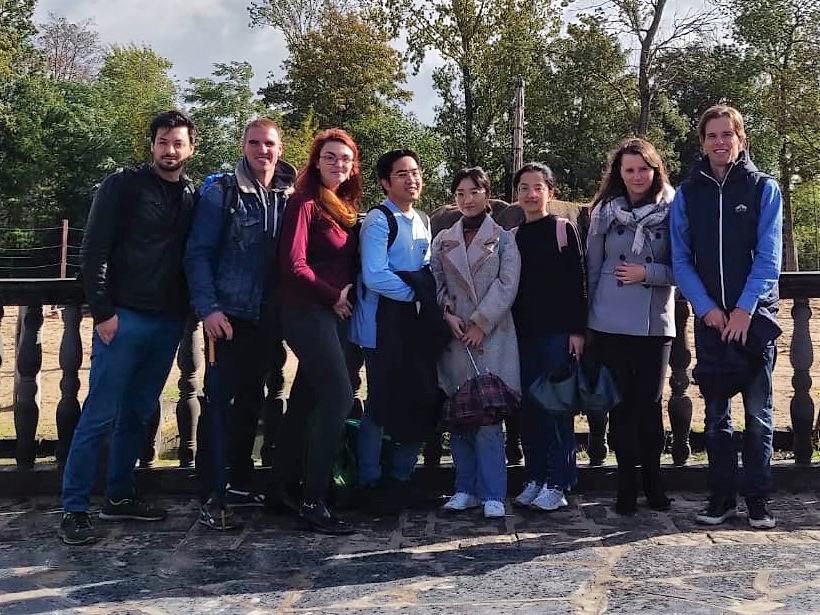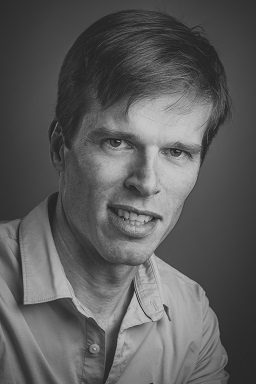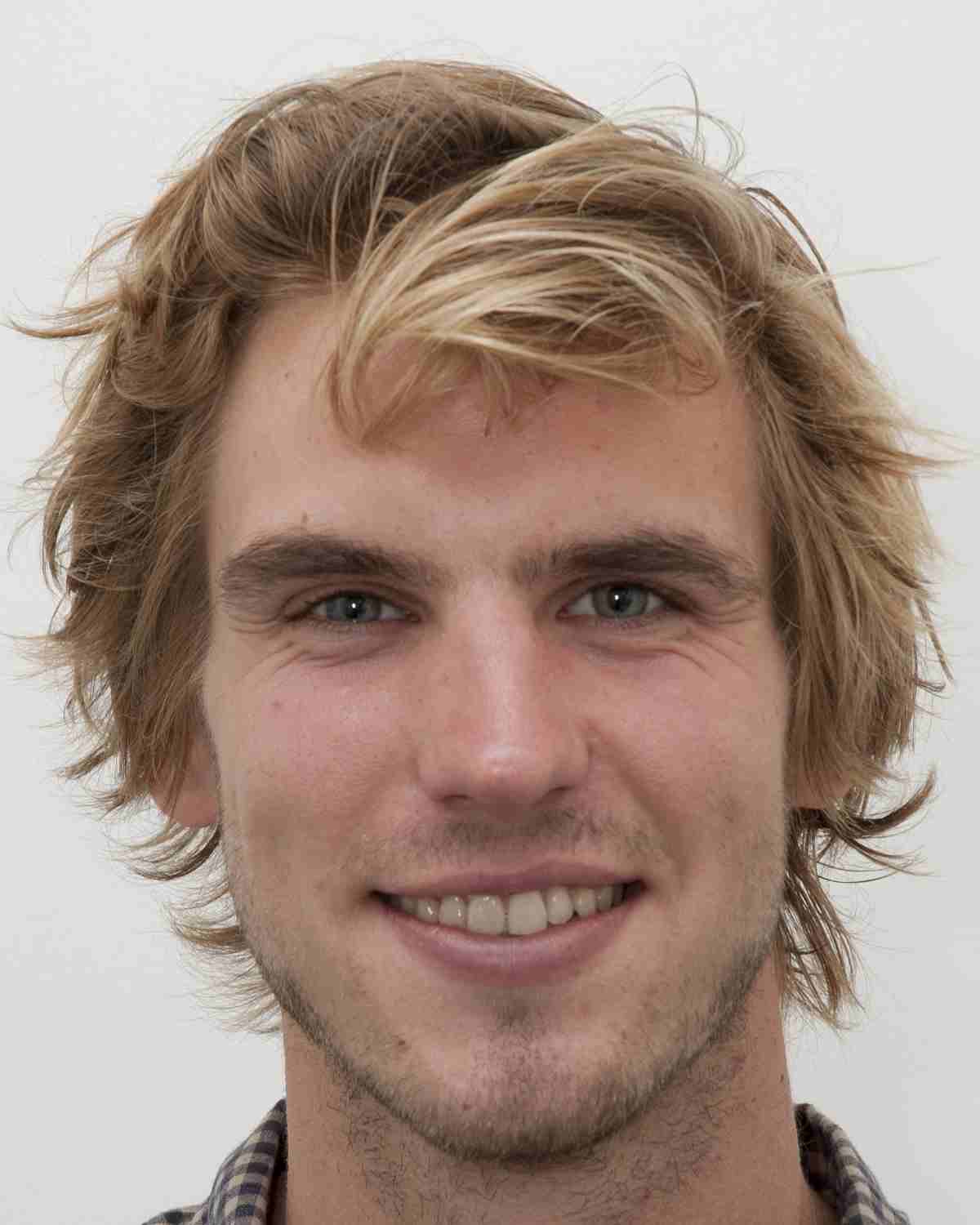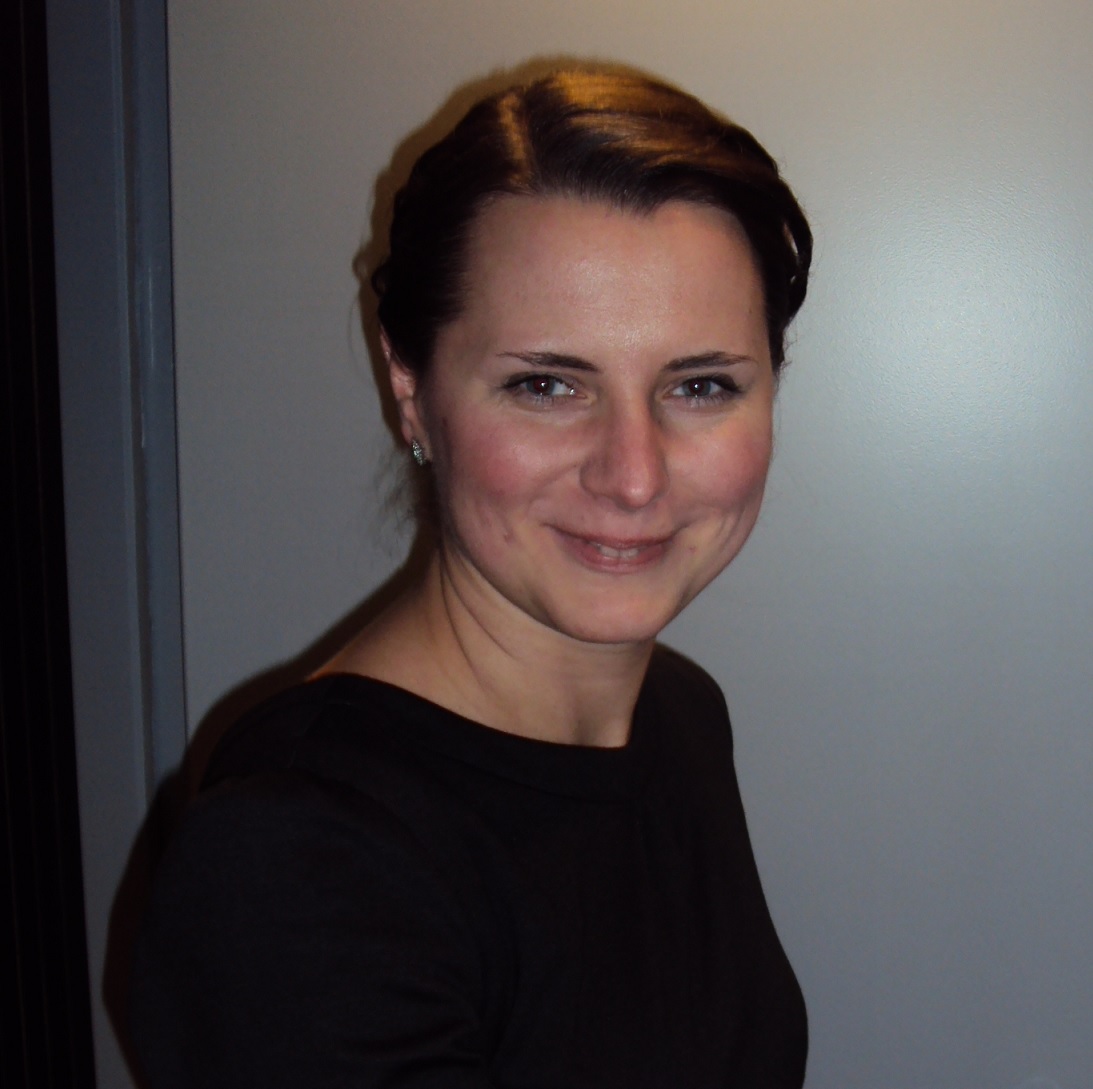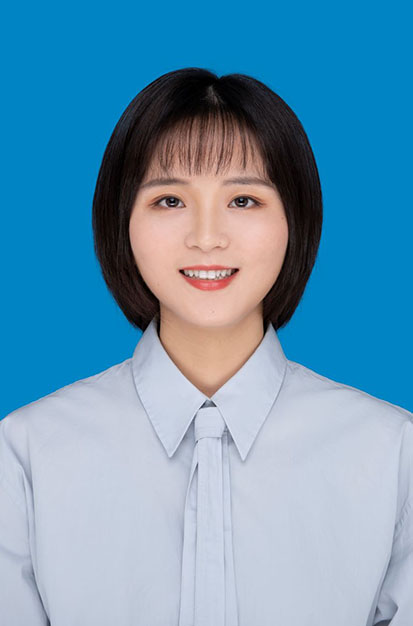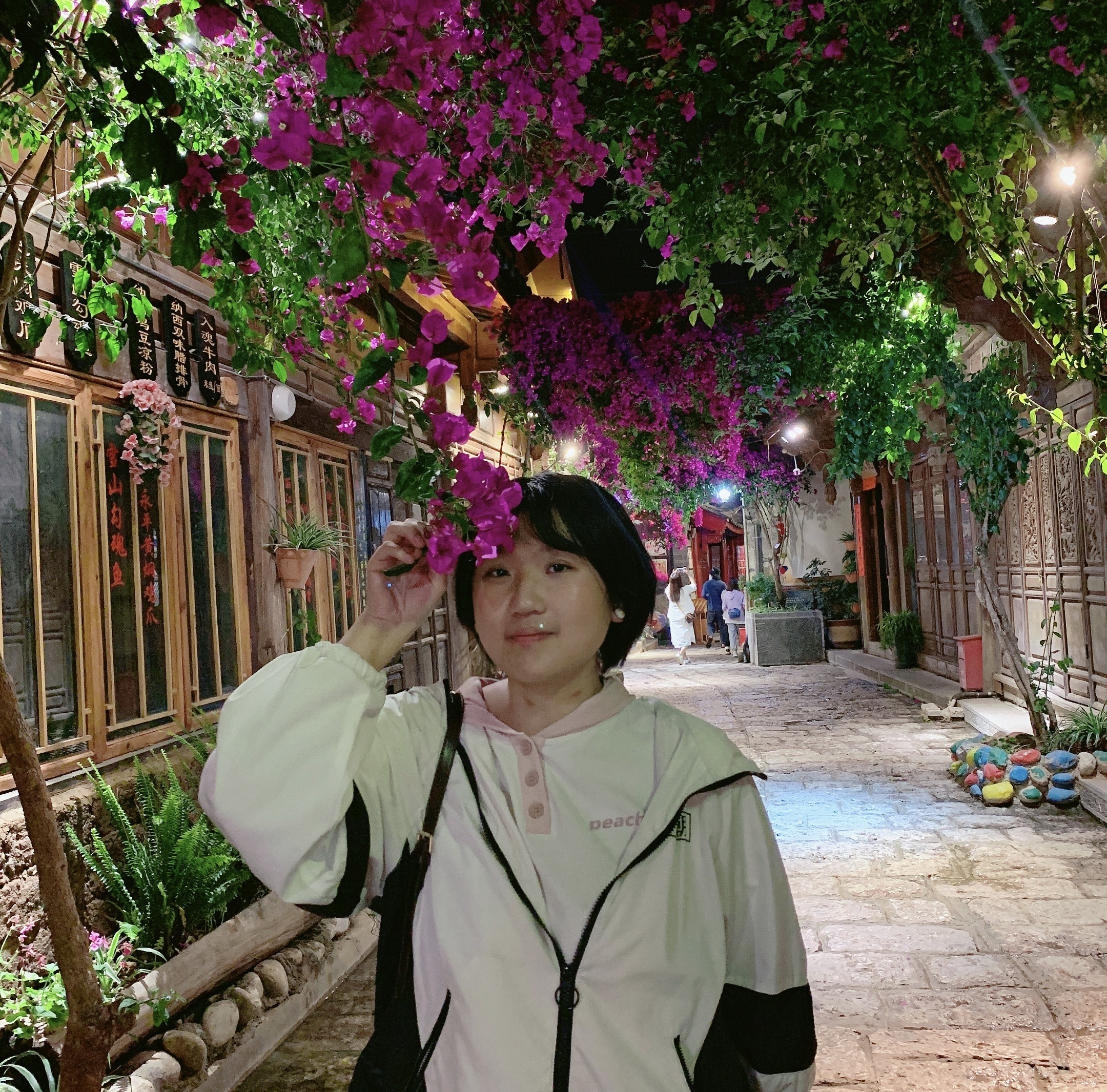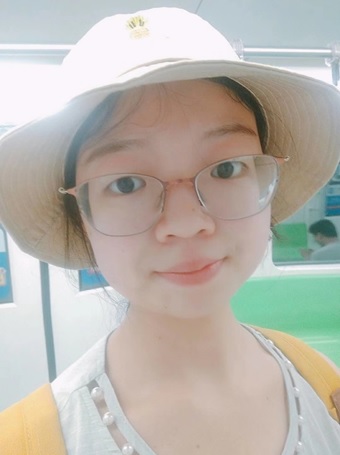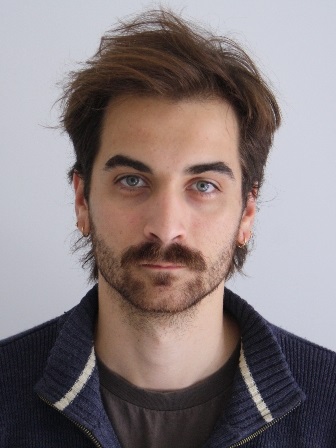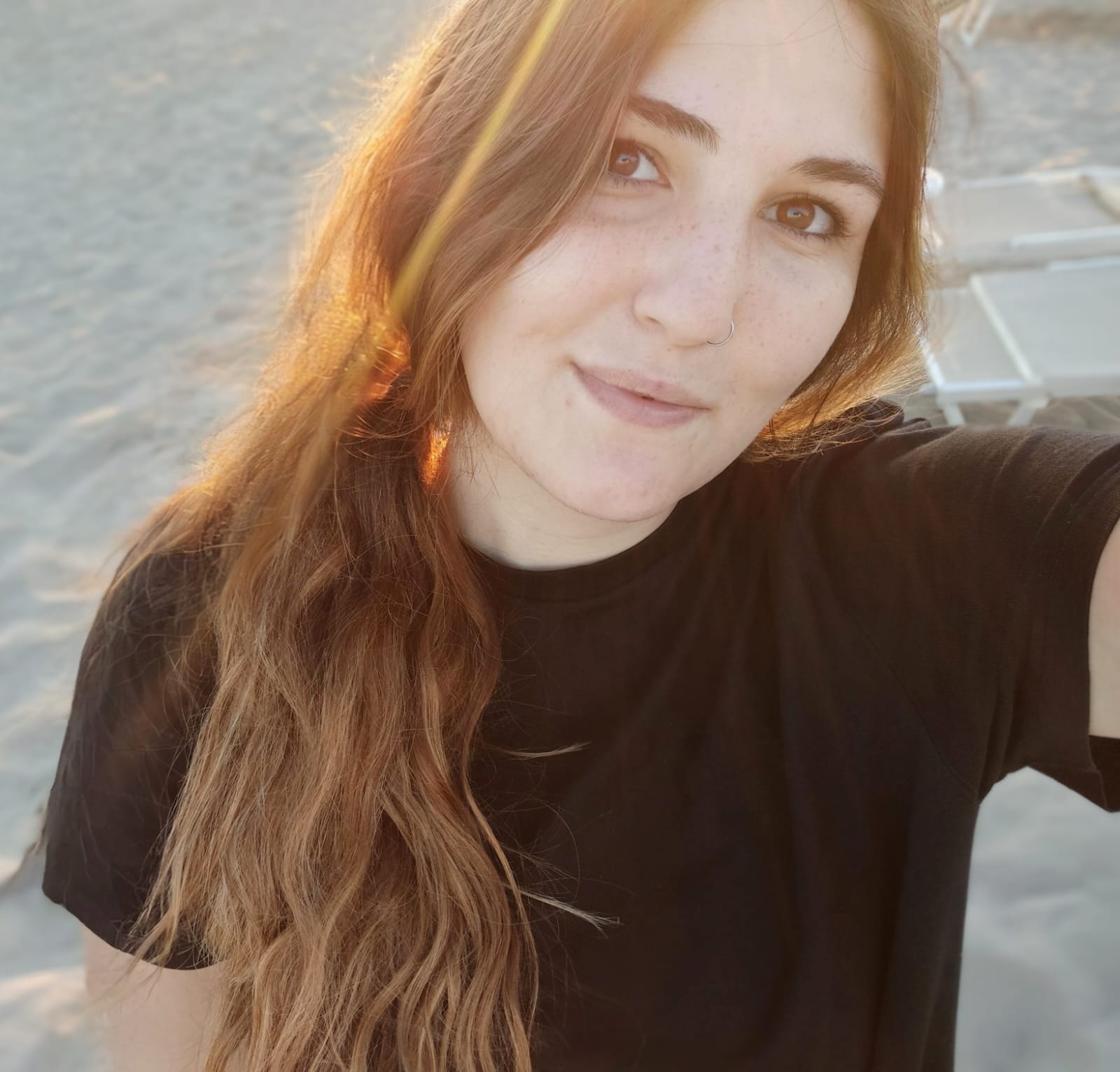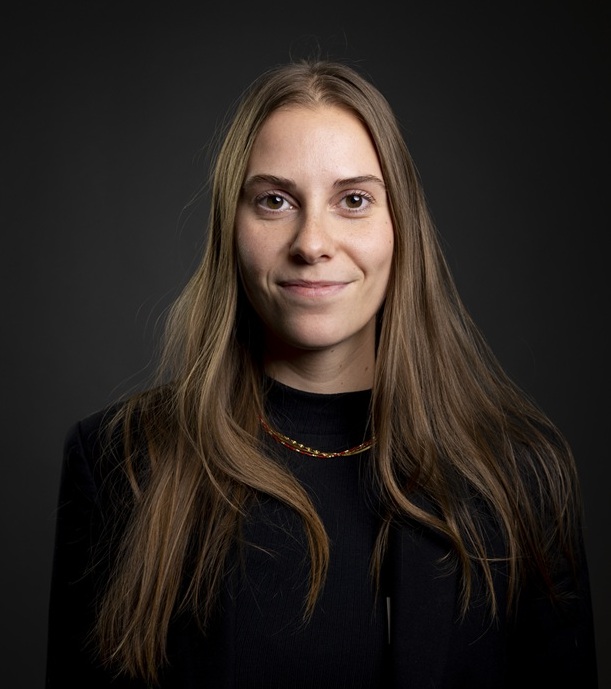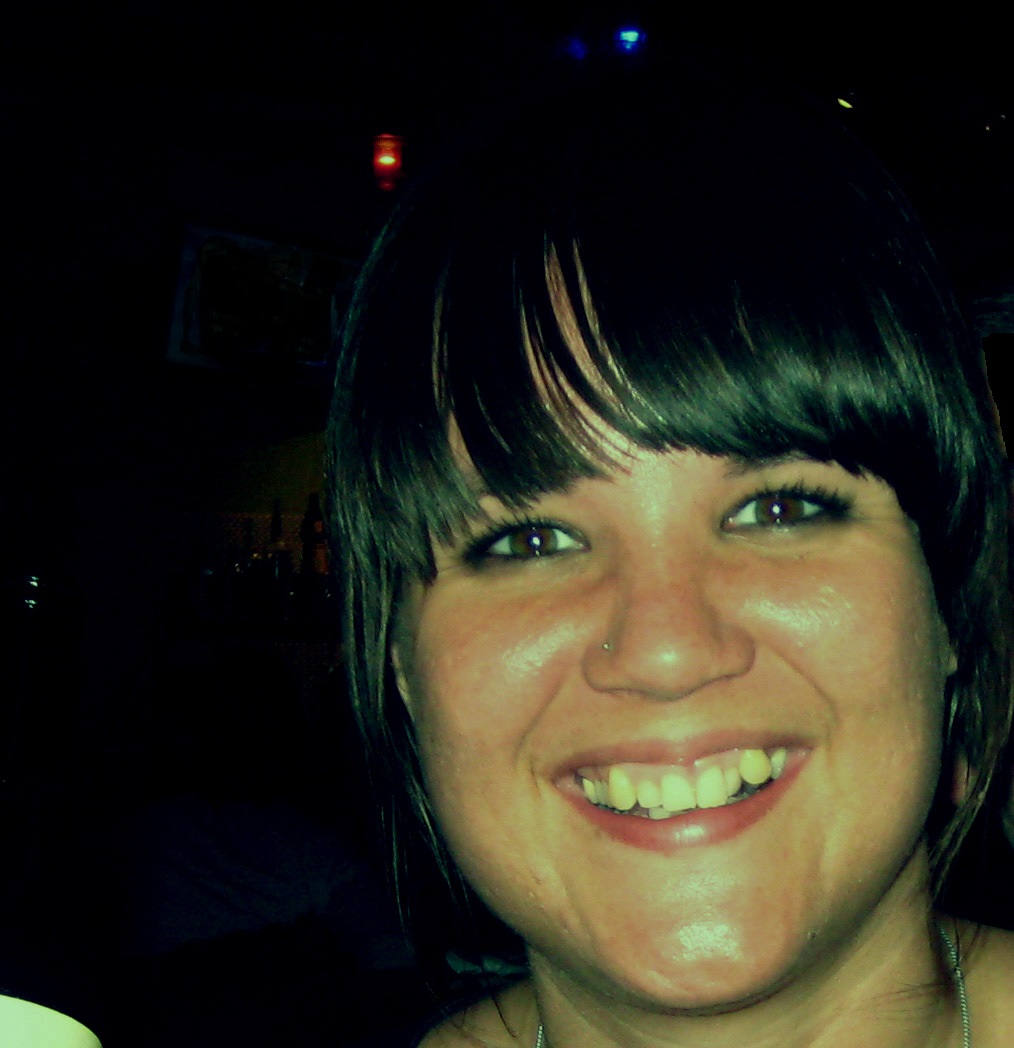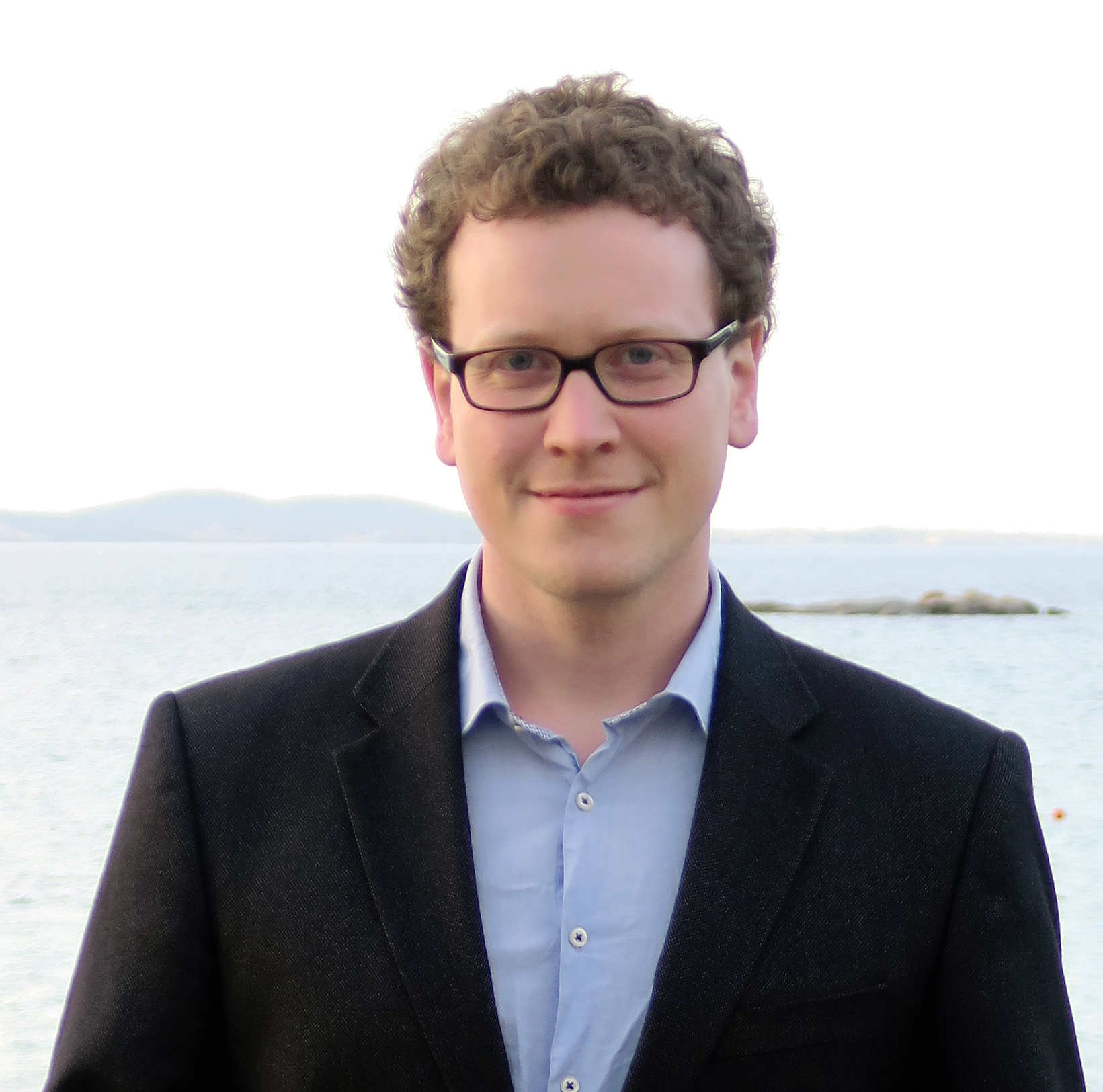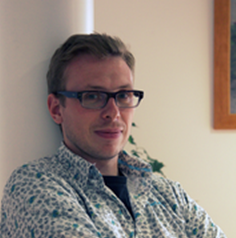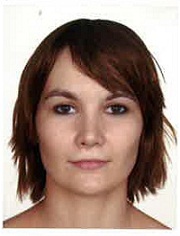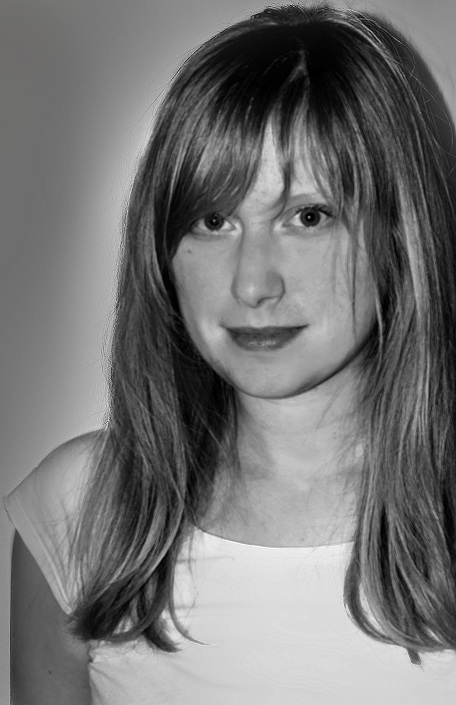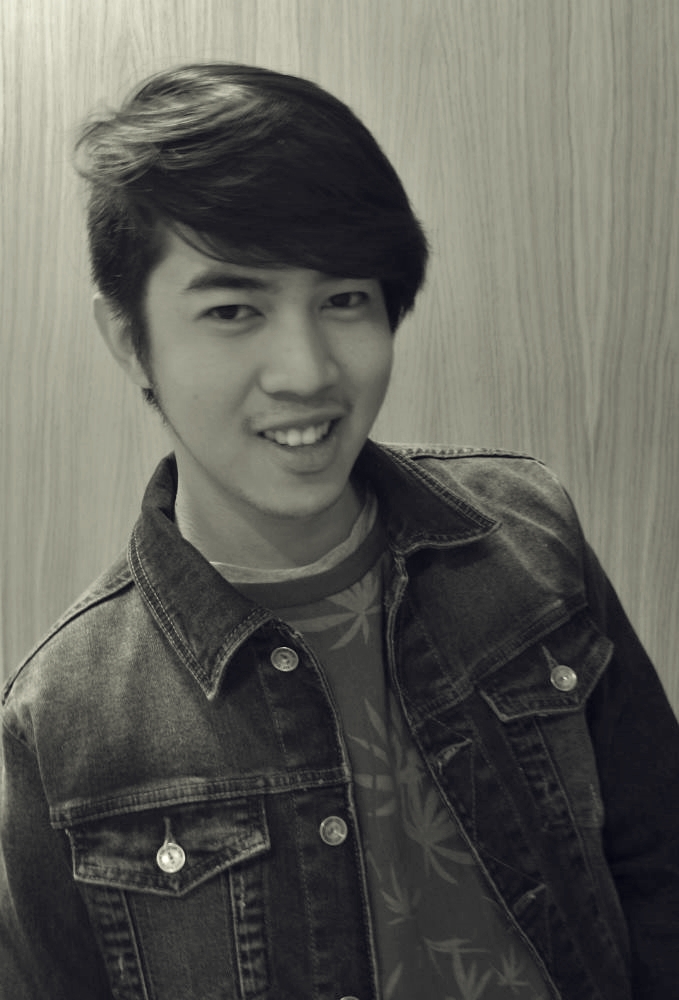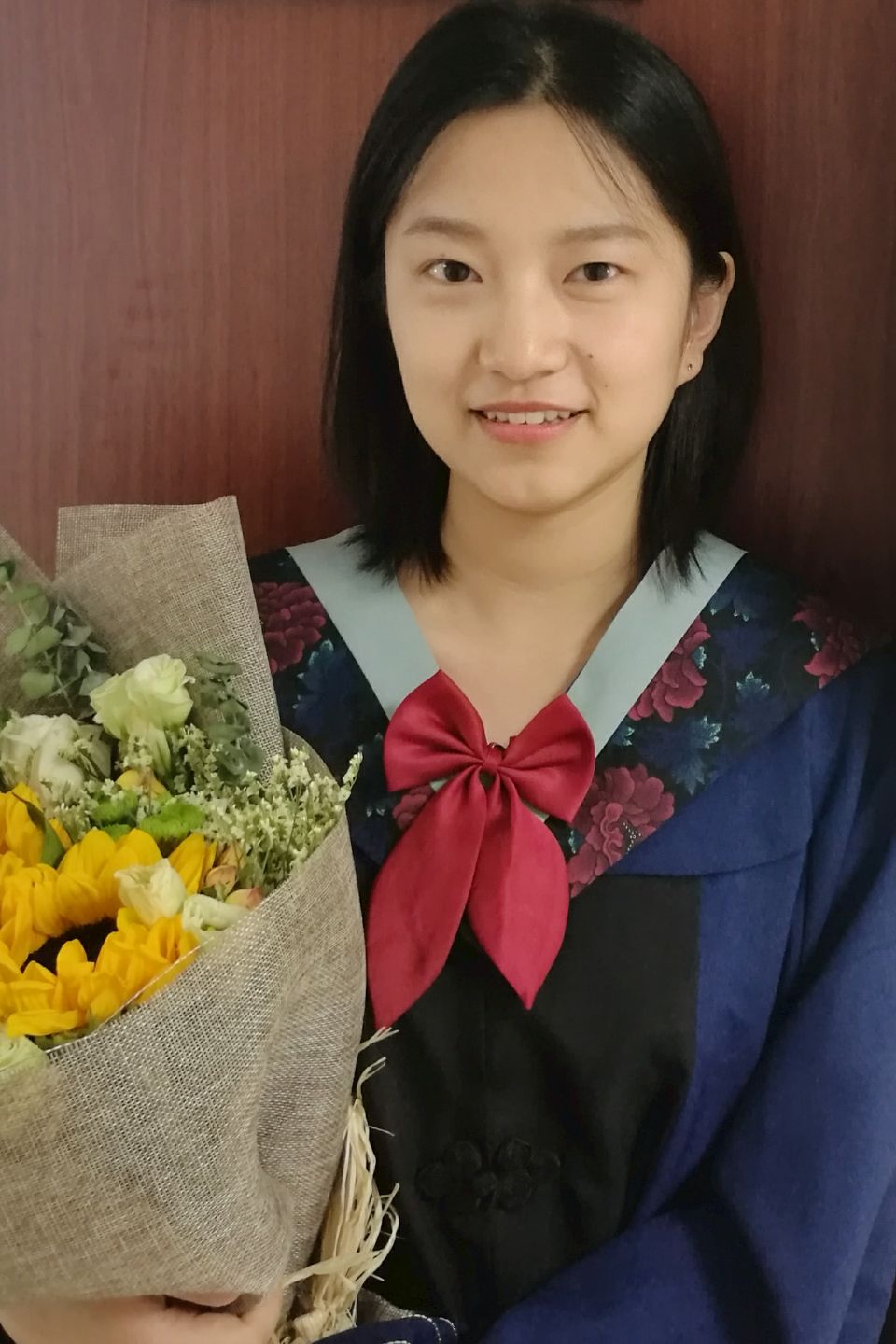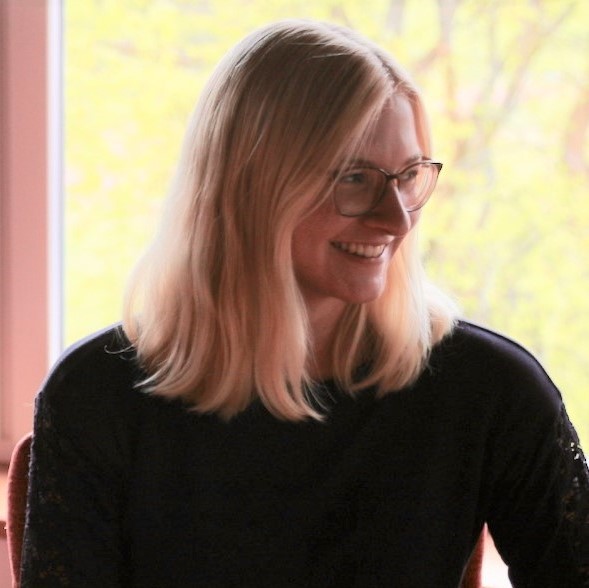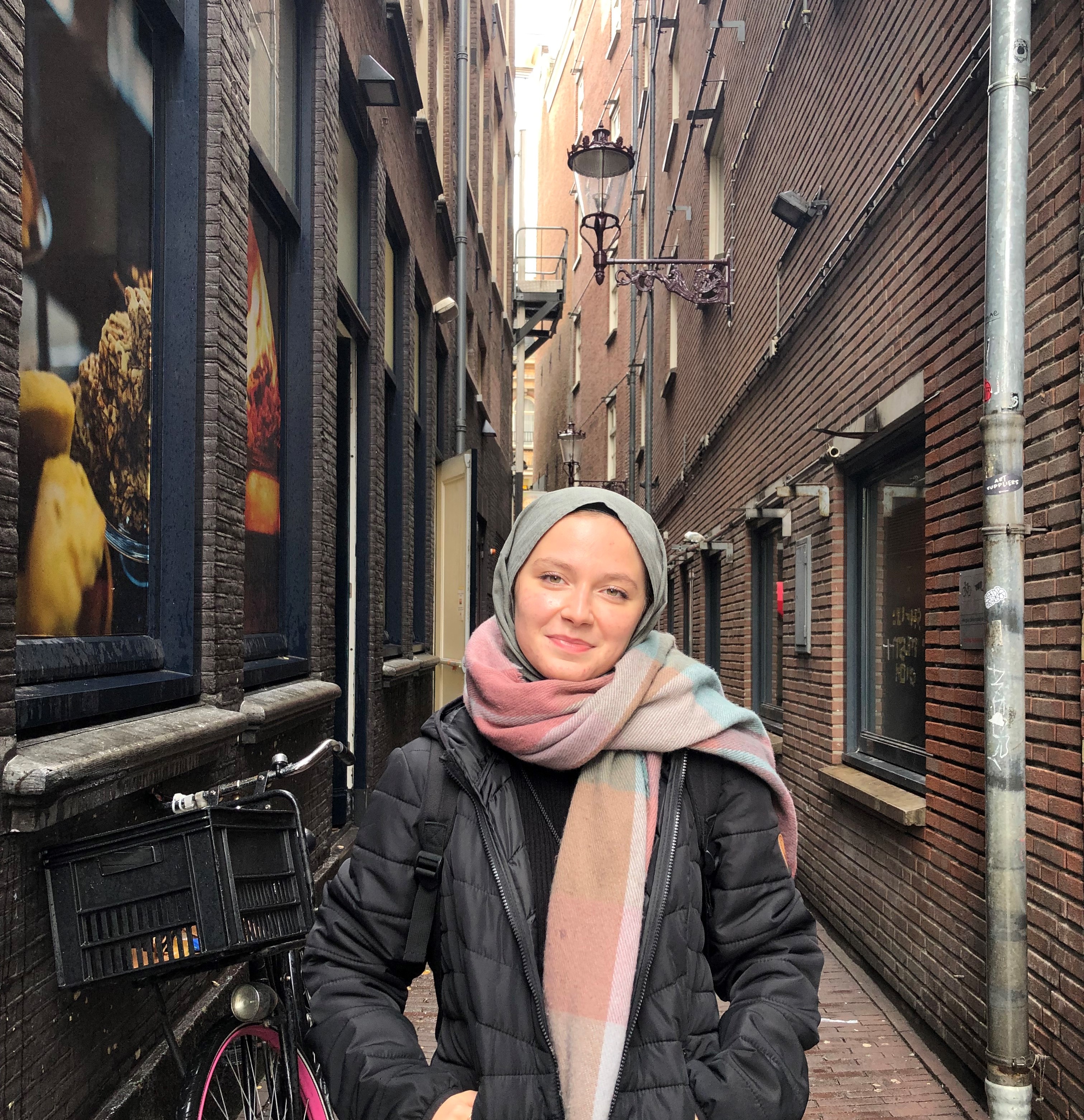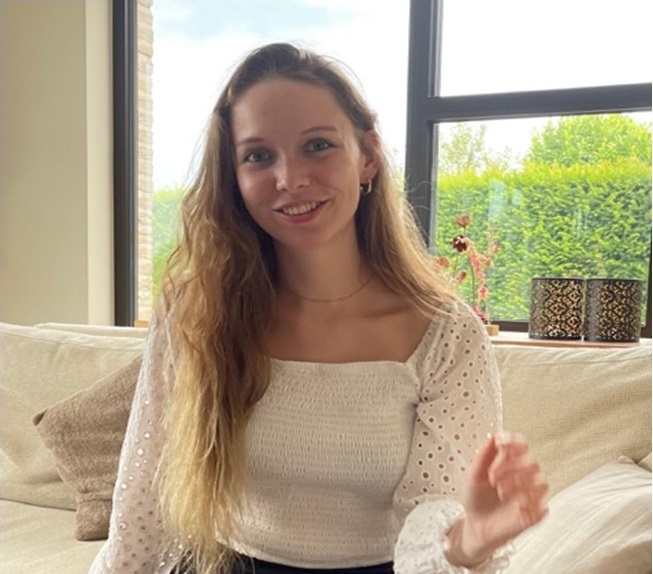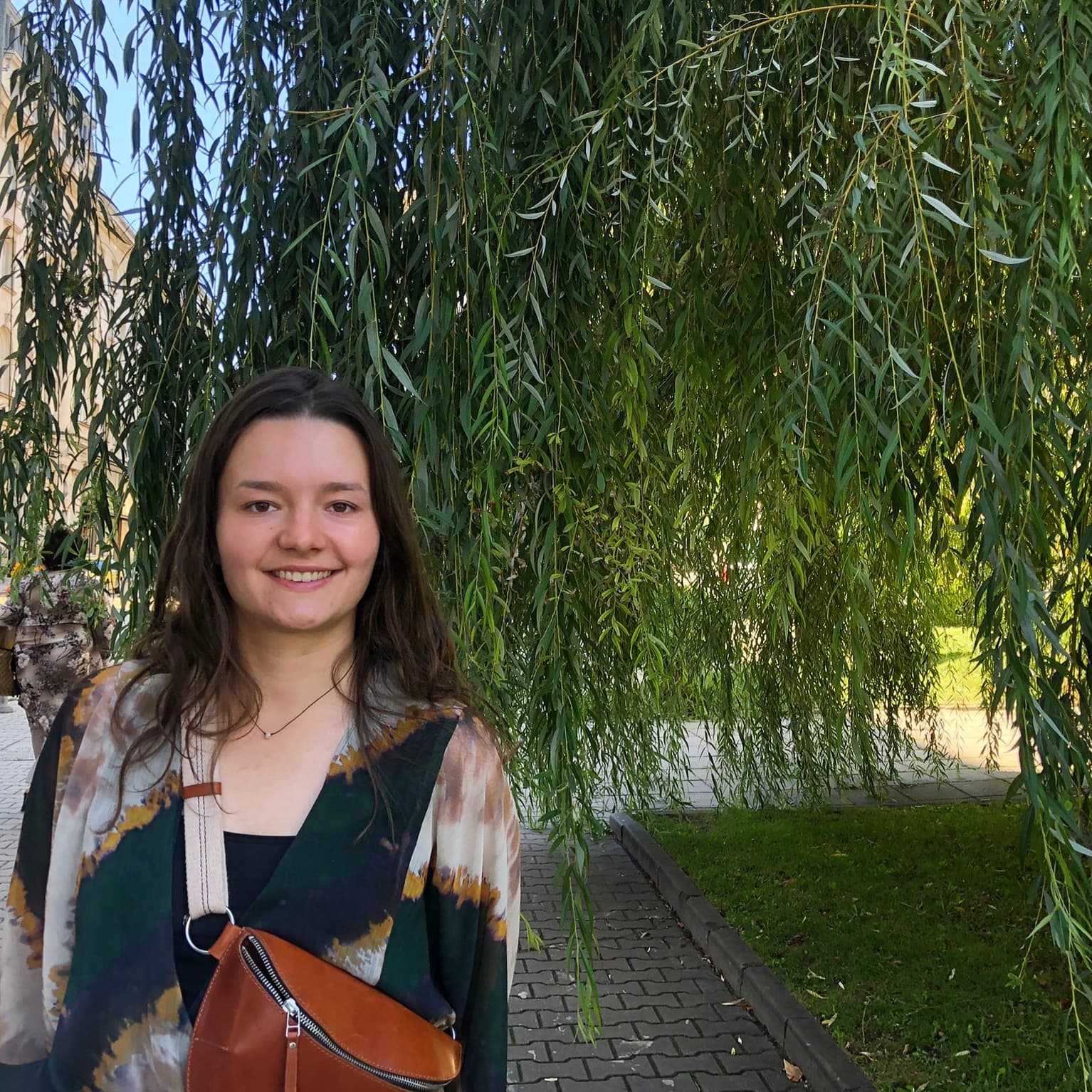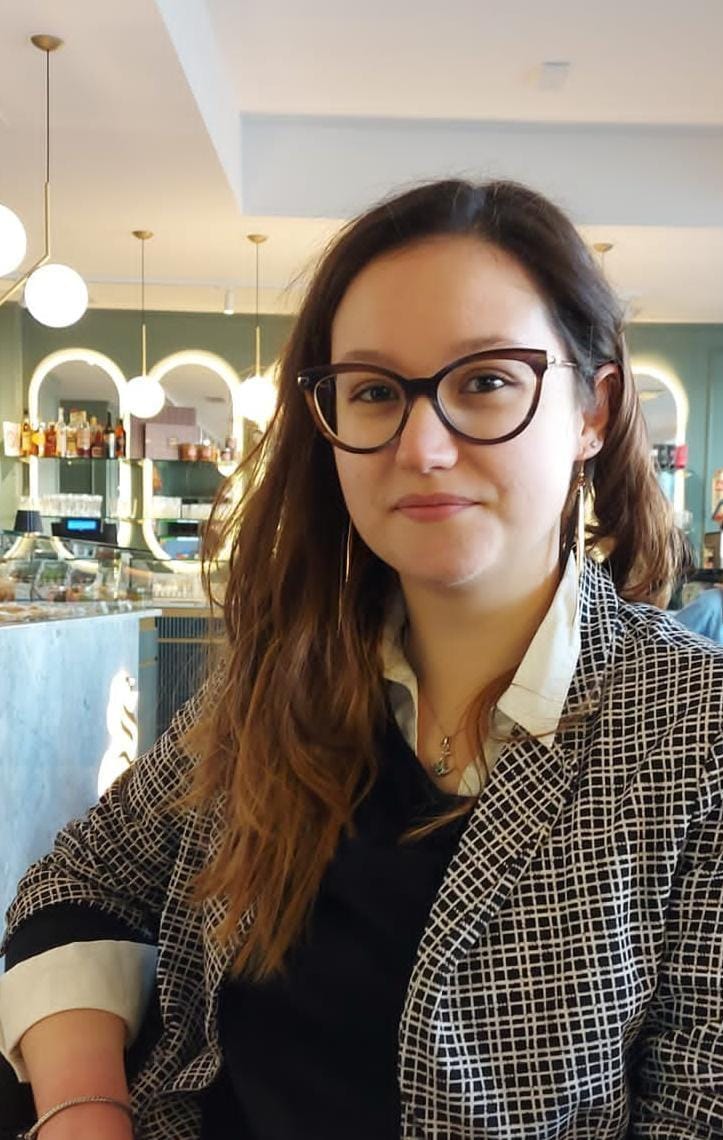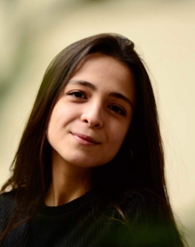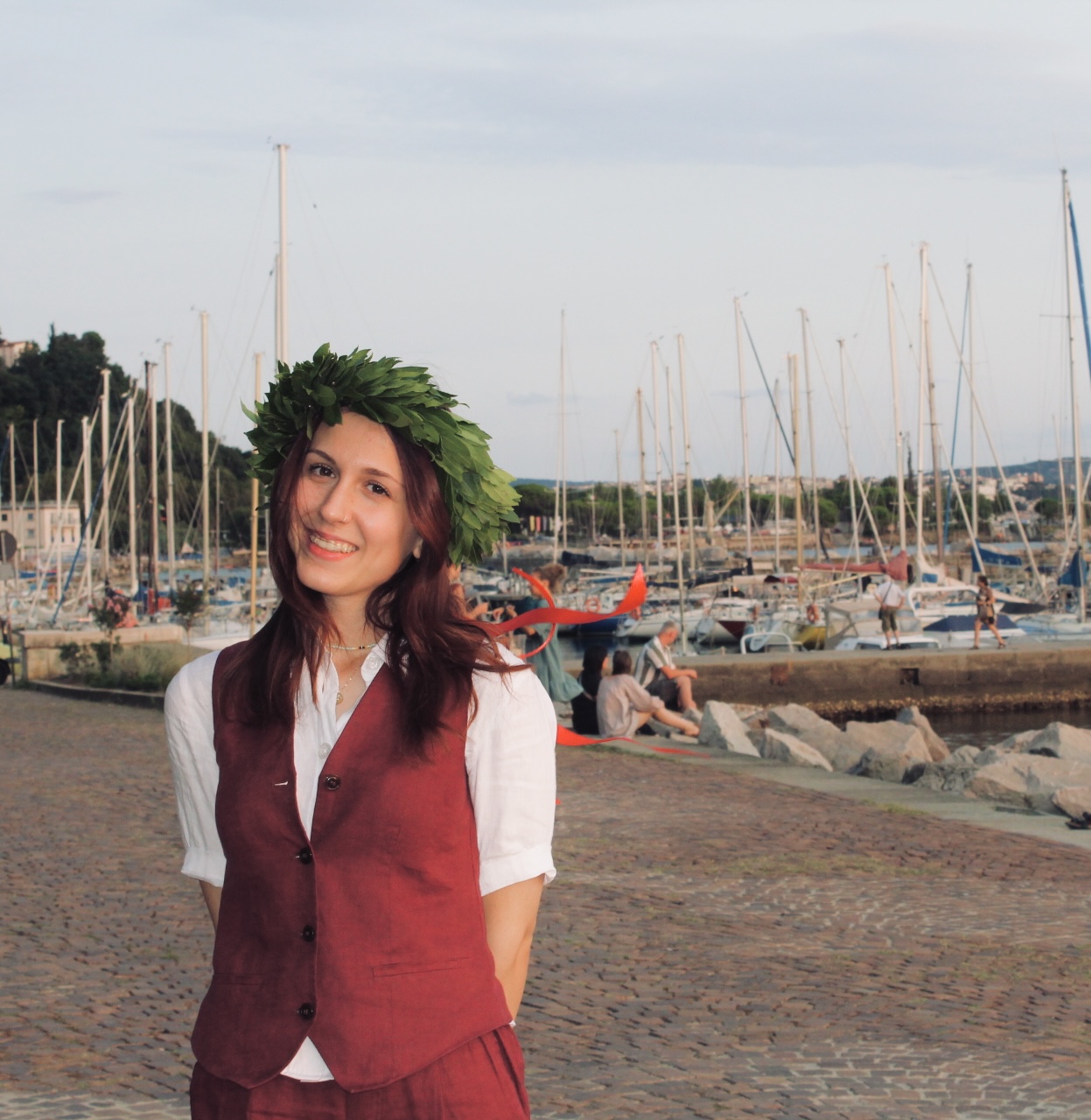Mario Carlo Severo
PhD student
Research interest: I began my undergraduate studies at the University of the Philippines-Diliman, where I finished my BA in Psychology in 2011. Shortly after this, I moved to Italy to take a Master’s course in Cognitive Science at the Center for Mind/Brain Sciences of the University of Trento. During this time, I worked as a visiting intern, and later on as a research assistant, at the Social Brain Laboratory of the Netherlands Institute for Neuroscience in Amsterdam, where I received my EEG training.
As a current PhD student of the CAP Lab, my research focuses on contextual factors of feedback processing relevant to the goal that influence performance monitoring. Particularly, using EEG, I look into modulations of the neurophysiological correlates of performance monitoring (ERP components, feedback-related negativity (FRN) and P3, as well as delta and theta band oscillations) in relation to the impact of the feedback on an individual’s goal.
